The 10 Most Important Points of Maintenance for Your Rental Property
 Managing a rental property takes more than just ownership. As a landlord, you’re going to be responsible for keeping the property in livable condition; landlord responsibilities can vary from state to state, but LegalZoom offers a succinct explanation, “Basically, the landlord of a rental unit is responsible for providing a “habitable” unit for a tenant. The term “habitable” means that the rental unit must be fit to live in, be free from hazards or defects, and be compliant with all state and local building and health codes.”
Managing a rental property takes more than just ownership. As a landlord, you’re going to be responsible for keeping the property in livable condition; landlord responsibilities can vary from state to state, but LegalZoom offers a succinct explanation, “Basically, the landlord of a rental unit is responsible for providing a “habitable” unit for a tenant. The term “habitable” means that the rental unit must be fit to live in, be free from hazards or defects, and be compliant with all state and local building and health codes.”
Part of your responsibilities include routine maintenance—inspecting and making changes to the property at least once a quarter (when possible). But why is this so important, and what are the most important areas to check?
The Importance of Routine Maintenance
Routine maintenance is important because it helps you catch problems on your terms, before they become emergencies. According to On Q Financial, “Maintenance is about catching a $5 problem today before it becomes a $500 problem next month.” Your goal here is to proactively spot problem areas and correct them before they become any worse. In doing so, you’ll save yourself lots of time and money, you’ll rest easy knowing your property is in good condition, and your tenants will be happier knowing they’re in a property that’s well-maintained.
Points of Maintenance to Note
So what are the most important points of maintenance to note?
- Locks and doors. First, you’ll want to inspect the locks and the doors. Locks can sometimes wear down over time, reducing security and making it harder for you and your tenants to gain access to the property. Misalignment or problems with the door can also affect both security and energy efficiency, so spot these problems early and get them fixed.
- Carpeting isn’t necessarily a safety hazard, but inspecting its condition can help you proactively detect and correct problems. For example, if a corner appears to be fraying, you may need to replace the carpeting soon. You may also want to have it professionally cleaned—especially between tenants.
- Air filters. If you have a furnace and/or AC unit, you’ll want to change the air filters regularly. Air filters prevent dust, dirt, and debris from getting into your system, and help the system operate more efficiently. According to Angie’s List, “Several factors determine when your filters need to be changed, but the main rule of thumb is if it looks dirty, change it! You shouldn’t wait until the filter is completely filthy though, because that means your heating and cooling system is not running at its full potential.”
- Air ducts. The air ducts in your house are similarly responsible for moving air from the furnace/AC unit throughout the house, and back. If they’re dirty, your unit isn’t going to operate at its full potential. Make sure you clean these at least once a year.
- Your appliances, such as refrigerators and ovens, shouldn’t need regular replacement, but an occasional glance may allow you to detect potential problems, and prepare for unexpected performance. For example, if you notice the refrigerator making a strange humming noise, you can get it repaired before it stops working altogether.
- Next, you’ll want to check the roof and ceiling. This is best done during or after a rainstorm, as leaks and holes make themselves most evident when water trickles through. Water damage to your roof tends to escalate quickly, so the faster you spot this problem, the better.
- Check the walls for any signs of damage; if there are any big holes, you’ll need to get them repaired as soon as possible. They’re both a safety hazard and a detriment to your home’s energy efficiency.
- Next, check the plumbing to make sure it’s working in proper order. Look out for things like dripping sinks or slow-moving drains, which can be indications of a bigger problem. Otherwise, make sure all your faucets, toilets, and water-based appliances are able to function properly with no leaks.
- Check to ensure all your windows are cleaned and opening and closing properly. If a window appears to stick, try to correct the problem early with lubricant rather than allowing it to get worse.
- Pest prevention. No matter where you’ve chosen to buy your property, it’s probably vulnerable to at least a few types of pests, including rats, mice, and insects. Check entryways, basements, attics, and other areas exposed to the outdoors for any cracks where pests could enter, and block those holes if you can.
If you don’t feel confident in your ability to inspect the property yourself, you can always hire a property inspector or a property management service to take care of this responsibility for you. These external services cost extra, usually in the neighborhood of a few hundred dollars, but it will save you several hours of work and ensure that you’re adhering to all the right regulations. If you haven’t already been maintaining your rental property, schedule a time for one today—the sooner you scout for these potential problem areas, the better.
Source: nuwireinvestor.com

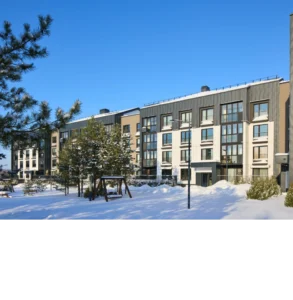

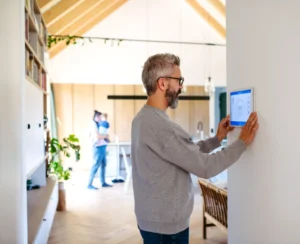
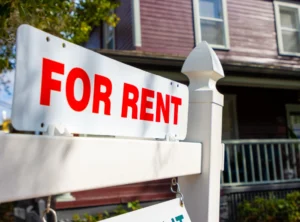
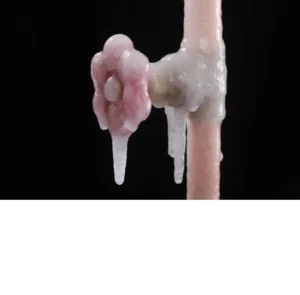
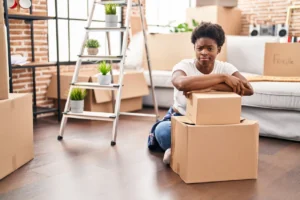
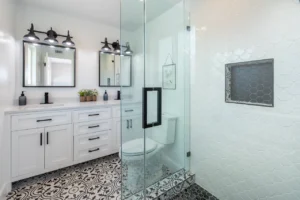
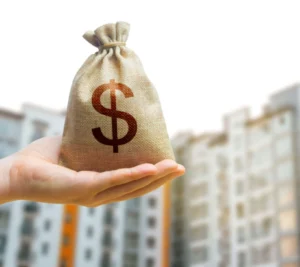




 Accessibility
Accessibility